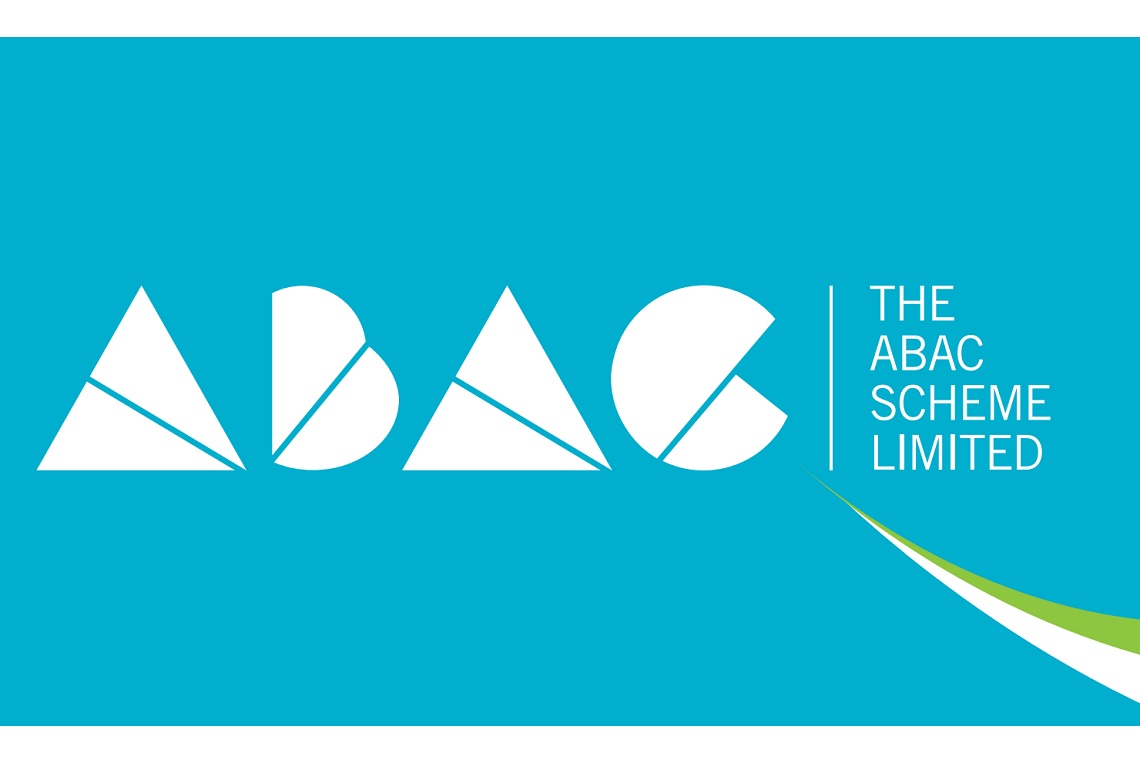Australia’s Responsible Alcohol Marketing Scheme (ABAC) has released its annual report and review of its operations in 2018.
The review details the ABAC Adjudication Panel’s activity through the year having made 61 determinations relating to complaints received; with 21 upheld and 40 dismissed. None of the upheld content complaints related to marketing that used ABAC’s pre-vetting service.
In 2018 that pre-vetting service offered by ABAC, which checks alcohol adverts prior to publication, received a record 1751 requests.
Harry Jenkins took over as ABAC Chair on 1 July 2018, and he said that is encouraged with ABAC’s position in Australia, while also outlined some of the challenges that the scheme is facing.
“Since my appointment in June, I have been encouraged that those responsible for ABAC have continued their serious intent to ensure that the scheme operates effectively,” Jenkins said.
“In addition I am now fully aware the ABAC operates in a marketing landscape that is ever changing. Our challenge is to keep pace with changes in the digital media landscape.
“In 2018 ABAC celebrated 20 years of responsible marketing regulation in Australia. Over those years ABAC has provided an effective but flexible framework within which standards for responsible alcohol marketing are set and regularly evaluated.
“A report published in July outlines the significant development of the Scheme over the past 20 years and illustrates the way in which the Scheme has responded to changes in community expectations and the significant evolution in the media landscape.”
The report highlighted that Australia’s Alcohol Beverages Advertising Code has continually evolved since it was introduced in 1998 and that it is widely recognised as one of the world-leading high standards for responsible alcohol marketing and packaging.
Jenkins added: “2018 has also seen the consolidation and testing of placement requirements incorporated into the ABAC Code in late 2017. The placement requirements aim to ensure that alcohol advertising is not targeted to minors. The incorporation of placement rules into the ABAC Scheme was a significant policy shift that has been welcomed by policy makers and the industry.
“During 2018 the rules were tested by complaints, including by public health groups, resulting in the highest number of determinations and the highest number of Code breaches in the 20+ year history of ABAC.”
The most complained about marketing campaign in 2018 was for Rusty Yak Ginger Ale, with 13 complaints made but these were outside ABAC’s jurisdiction as the concerns were unrelated to alcohol as a product but were concerned with discrimination against a sector of the community.
Ad Standards upheld complaints on the basis that the advertisement vilifies people with red hair by the phrase ‘stop the spread of the gene’.

